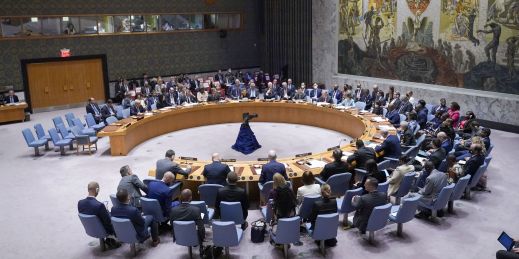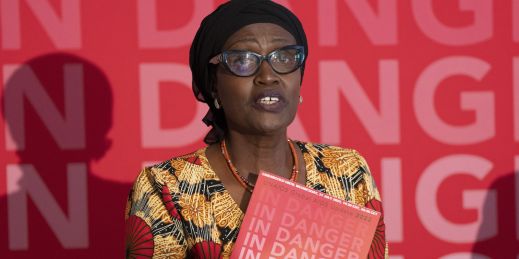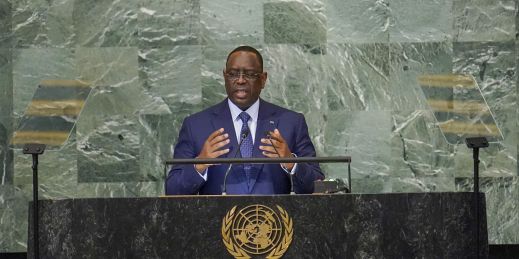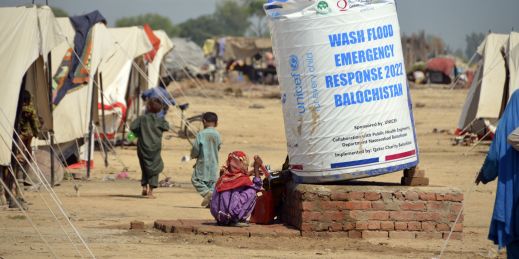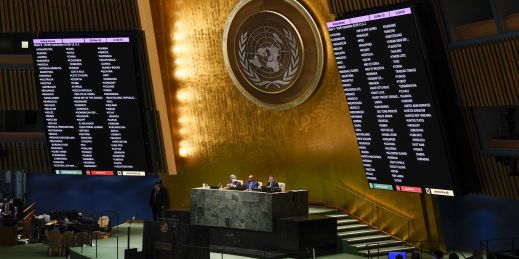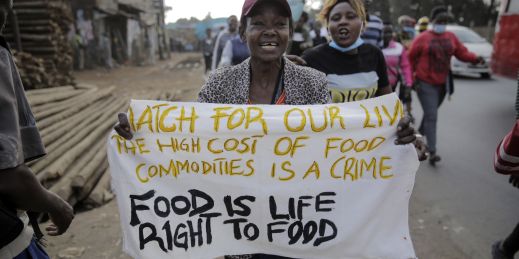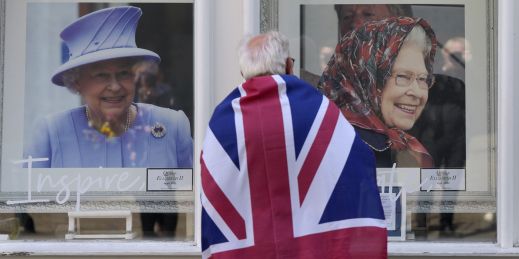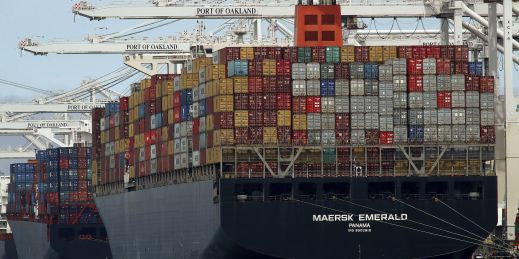
The erosion of democracy in places like Brazil, which votes in a presidential election Sunday, has led U.S. President Joe Biden to declare the contest between democracy and autocracy as the defining battle of our times. But if the past few years have seen a crisis of democracy, they’ve also seen a crisis of autocracy.

